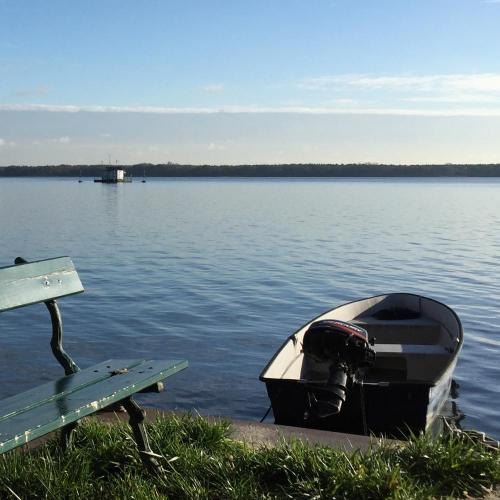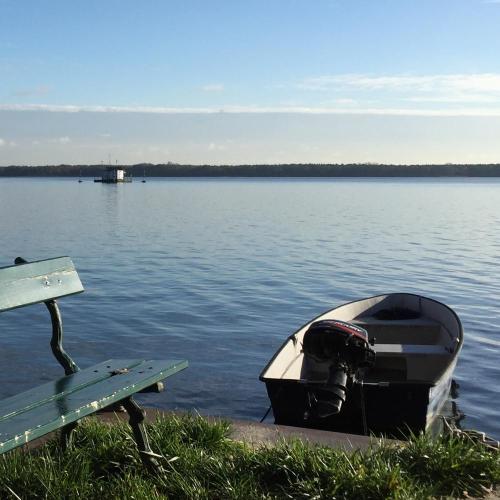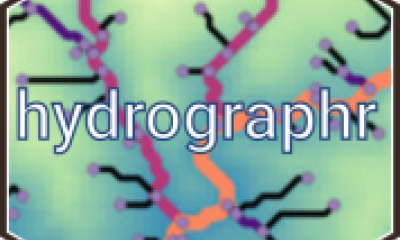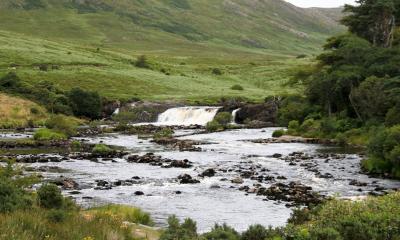
Global Freshwater Biodiversity, Biogeography and Conservation

Group profile
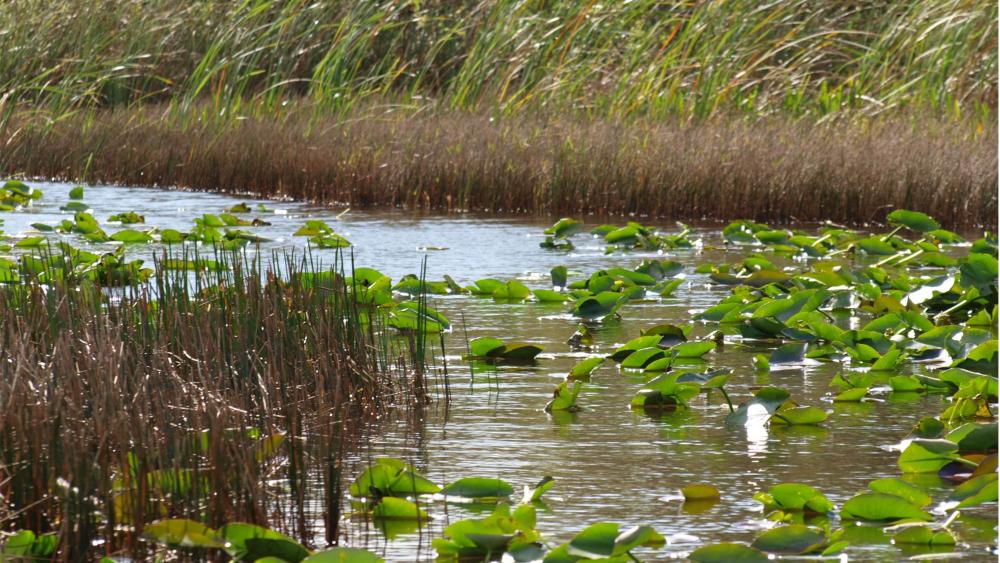
The Everglades National Park, a protected wetlands area in the US state of Florida. | Photo: Sami Domisch
Global biodiversity is declining across ecosystems, and freshwater organisms and habitats are among the most threatened. While finding appropriate countermeasures, a key challenge is first to gain a comprehensive picture of the current status of freshwater biodiversity. Compared to the terrestrial and marine realms, freshwater biodiversity remains understudied in terms of its ecological significance and distinctiveness, resulting in a lack of effective conservation at regional to global scales.
The Leibniz-Junior Research Group aims to fill this gap by applying cutting-edge global geospatial analyses focusing on (i) novel habitat type delineations at very high spatial resolution (90m), (ii) state-of-the-art distribution models to map freshwater biodiversity with an emphasis on aquatic insects, the most diverse freshwater animal group, and (iii) applying novel systematic conservation network analyses to highlight potential gaps in the protection of underrepresented habitat types and taxa across national boundaries.
The combined application of these core elements at the global scale, yet at high spatial resolution, will allow ground-breaking, standardised and comparative analyses in spatial freshwater biodiversity science. Importantly, uncertainties inherent in the data and analyses will be quantified to ensure transparency and robustness of the results.
For more details please visit our website at glowabio.org >
Further group members: Francesco Polazzo (visiting PhD student)






